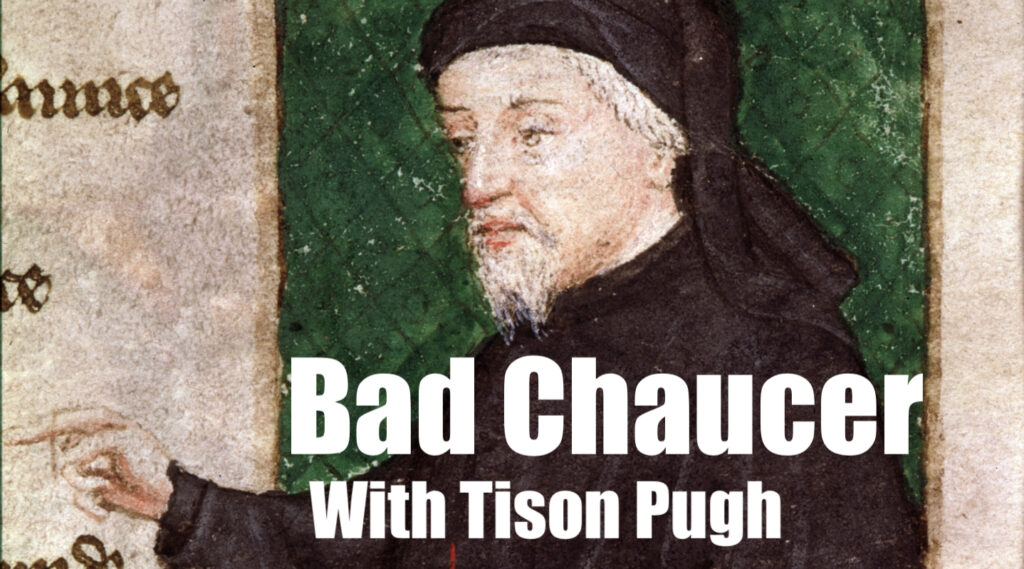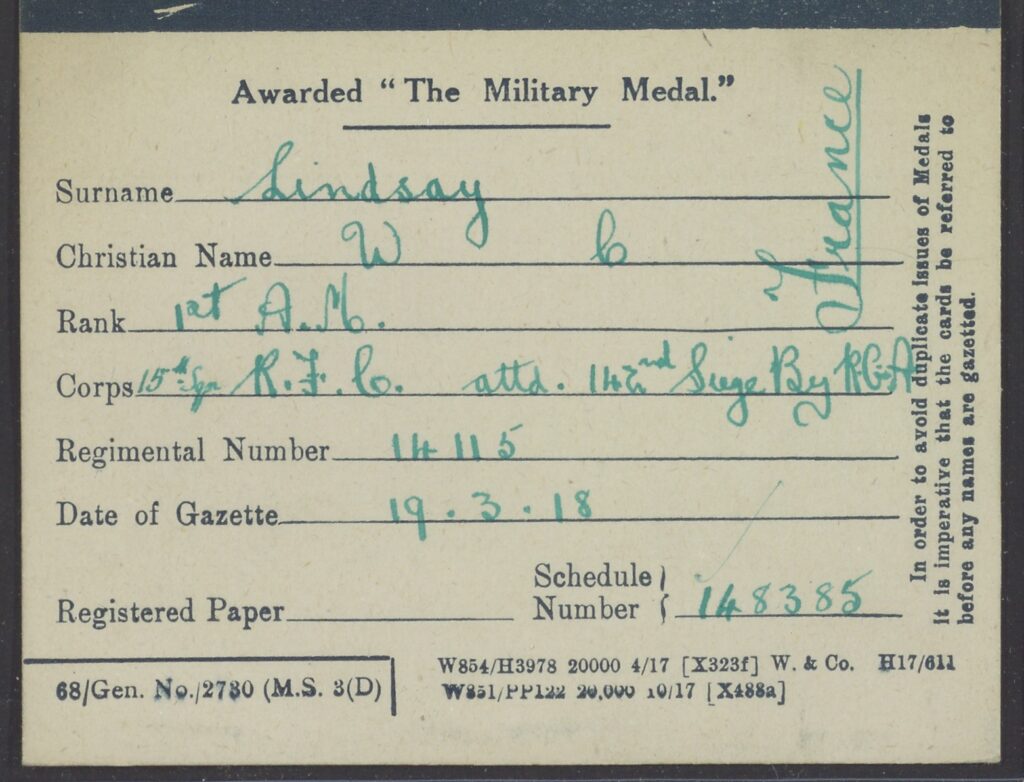T
October 4, 2024
Dr. Monica Bertagnolli
Director, National Institutes of Health
Dr. Steve Sherry
Acting Director, National Library of Medicine
Dear Drs. Bertagnolli and Sherry:
The American Historical Association registers concern regarding the recent reorganization of the National Library of Medicine (NLM), which has resulted in the elimination of the History of Medicine Division and signals a departure from the library’s previous commitments to collection, preservation, and study of materials related to the history of medicine.
With nearly 10,500 members and more than 130 affiliated organizations, the American Historical Association is the largest professional association in the world devoted to the study and promotion of history and historical thinking across society.
The AHA has strongly supported the NLM and its History of Medicine Division, a vital national resource that supports scholarship, education, and public knowledge of medicine and historical and current public health issues. Historians, including members of the AHA and its affiliates, rely upon the NLM’s collections and support for their research and publications. Numerous important historical projects have been made possible by NLM grants for scholarly works.
In May 2015, the AHA sent a letter of support regarding the review then being undertaken by the National Institutes of Health (NIH) director’s Working Group on the National Library of Medicine. The Association was pleased to learn that the June 2015 working group report recommended that the “NLM should maintain, preserve, and make accessible the nation’s historical efforts in advancing biomedical research and medicine, thereby ensuring that this legacy is both safe and accessible for long term use.”
The current NLM strategic plan, however, runs counter to the working group’s recommendation, lacking focus on the historical collections, functions, and scope of the library. The American Historical Association wonders why the recent reorganization of the NLM has both dissolved its History of Medicine Division and placed the library on a trajectory contrary to the quoted recommendation of the NIH director’s working group.
This trajectory suggests that the NLM is no longer dedicated to maintaining, preserving, and making accessible the nation’s historical efforts in advancing biomedical research and medicine. It also suggests that the NLM is setting aside its commitment to being a vital national resource that supports scholarship, education, and public knowledge of medicine and public health issues, both historical and contemporary.
The AHA urges the NLM to revisit recent actions that, from the vantage point of historians, signal a marked departure from the NLM’s previous support of scholarship in the history of medicine through a dedicated division that collects, preserves, and makes available for study materials that reflect the nation’s historical efforts in advancing biomedical research and medicine. Such a commitment is critical to ensuring that this knowledge and legacy is preserved and accessible for long-term use.
Sincerely,
James Grossman
Executive Director


